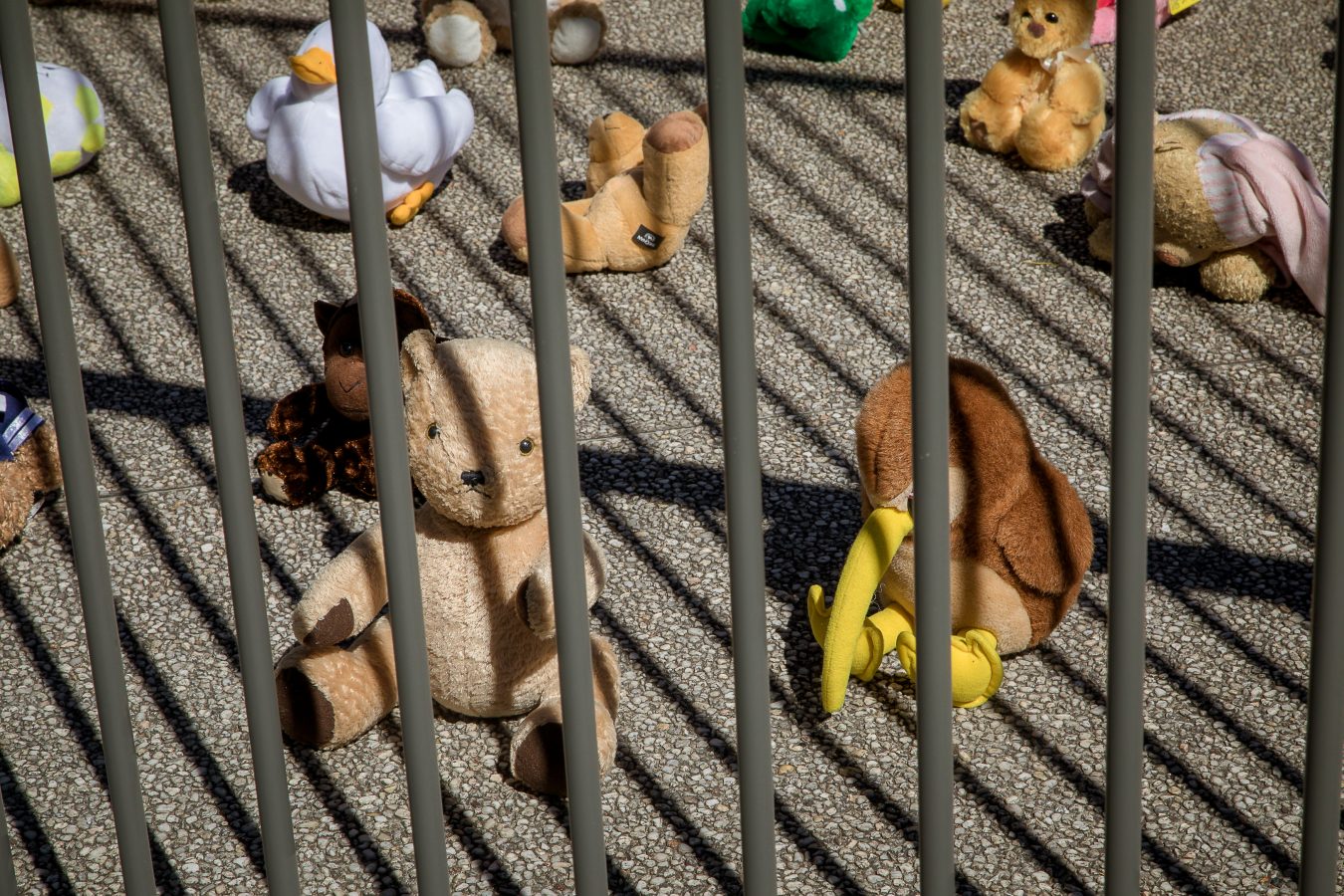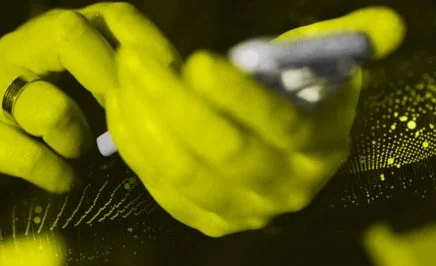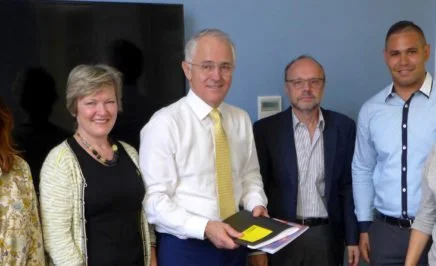Amnesty International Australia has serious concerns about the Queensland Government’s rushing through the latest in a rollback of youth justice reforms.
Among the “tough on repeat offenders” amendments are the introduction of GPS trackers and seeking to create a presumption against bail. However, data from the Australian Bureau of Statistics shows that youth crime rates have actually decreased.
“It’s nonsensical to introduce these harsh measures when the actual crime statistics show that youth offending is decreasing across the board, including in Queensland,” Amnesty International Australia Indigenous Rights Lead, Nolan Hunter, said.
“Certainly we acknowledge that the community is hurting after the tragic deaths, but as much as the instinct might be to take a punitive approach, all the evidence shows this doesn’t work.
“That there is a youth crime crisis is simply not backed up by any data – quite the opposite is true. What is true though is that Aboriginal kids make up the majority of young people in Queensland youth detention, and there are complex and varied issues that make this so – meaning that a complex and nuanced solution needs to be implemented, not throwing kids into prison or using digital leg irons.”
Amnesty International Australia is also concerned that some of the amendments will contravene international law –– namely the Universal Declaration of Human Rights and the Convention on the Rights of the Child –– if passed.
This latest round of legislative amendments comes after the Queensland Government scrapped bail houses late last year.
“It’s really time that all State and Territory governments listened to the experts and raise the age of criminal responsibility from 10 to 14 – that’s the proven solution to youth offending and recidivism – keeping kids out of the system to begin with.
“There are already very successful Indigenous-led diversion programs which are far more effective in dealing with youth offending than the quicksand of the youth justice system. We as a country have to do better by Indigenous kids.”





